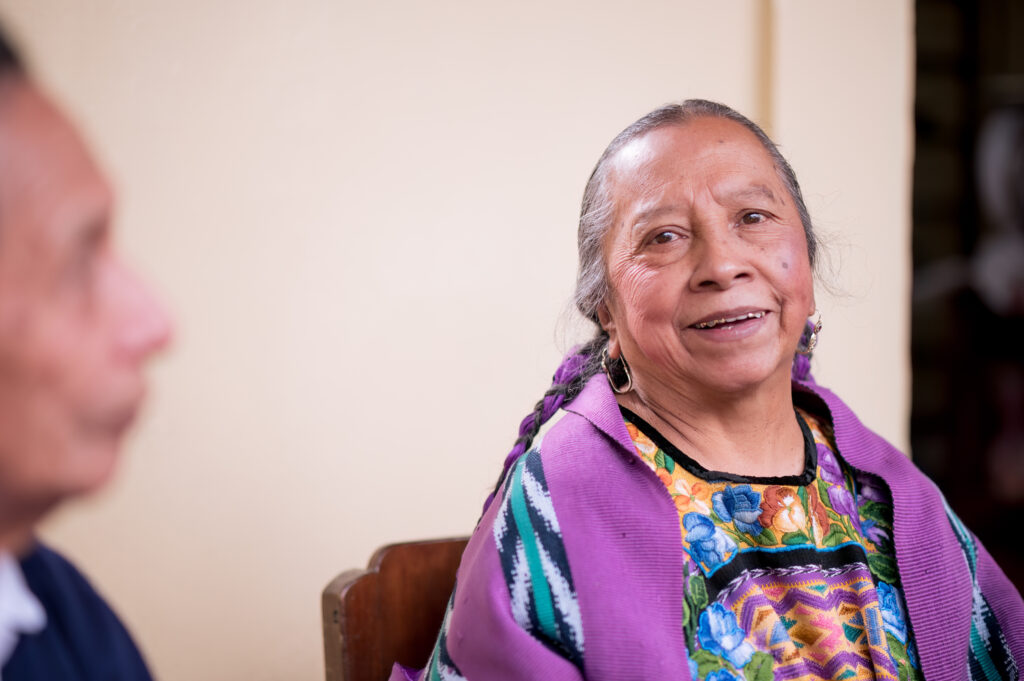Our Chief Nursing Officer Whittney LaCroix wrote an article for this month’s American Nurse Journal: Understanding and Honoring the Needs of Native American Elders. While this is a subject personally close to her heart, it should be required reading for all nurses. Here’s why.
- 78% of Native Americans live off reservation. Native patients – including elders – aren’t confined to Indian Health Service and Tribally operated facilities. They can show up in any hospital or clinic….
- …. Where culturally responsive care is going to produce the best clinical outcomes and the deepest rapport with their nurses. That doesn’t mean nurses have to already know the traditions and background of the patient’s tribe. It does mean showing cultural humility and listening to the patient and their family.
- Native American Elders have lived through decades that include forced boarding schools, forced sterilization, environmental poisoning, and state-sanctioned discrimination. Some had parents who were alive before Native people were deemed citizens in 1924. Some had grandparents who grew up in families directly impacted by the Trail of Tears. They are survivors of traumas most of us can’t imagine.
Seniors are vulnerable in so many ways, from struggling to afford expensive medication to being abused by care workers. Providing sensitive, quality care is the baseline of good elder care for all patients – and caring for Native seniors requires an extra level of awareness and effort.
Whittney’s article examines 4 significant factors that can compromise care for this new generation of Native American Elders; she also offers 5 practices that can drive better outcomes and a more respectful end-of-life patient experience. Whether you work with geriatric patients or not, please consider reading her article – and sharing with other nurses from your facility.



2 Responses
To whom this may concern,
I hope this email finds you well. My name is Tehani Waahila, and I proudly represent the Navajo Nation as the Health Equity Trainings and Programs Associate at the Southwestern Colorado Area Health Education Center (SWCAHEC) in Durango, CO. Our organization, SWCAHEC, is dedicated to promoting diversity within the healthcare workforce across Southwestern Colorado.
As part of our ongoing efforts, we are currently focusing on providing culturally relevant training for healthcare professionals. We believe that understanding and addressing the unique cultural needs of our Native Elders and their families is crucial in providing effective and compassionate care. Therefore, we are seeking individuals who are certified and experienced in delivering presentations that emphasize the necessity of culturally competent services in healthcare settings. Your insights and recommendations on potential presenters would be invaluable as we strive to enhance the quality of care for our Native communities.
I find that Native American Eldercare under a culturally curated lens can better our health professionals to care for our Elders and their families and make an intriguing learning experience.
Thank you for your time and consideration and I hope to hear back from you soon.
Ahe’hee’/Mahalo (Thank You),
Tehani Waahila
Health Equity Training and Programs Associate
Southwestern Colorado Area Health Education Center
701 Camino del Rio, Suite 320
Durango, Colorado 81301
970-426-4284, office
Tehani.waahila@swcahec.org
http://www.swcahec.org
Would love to read more!